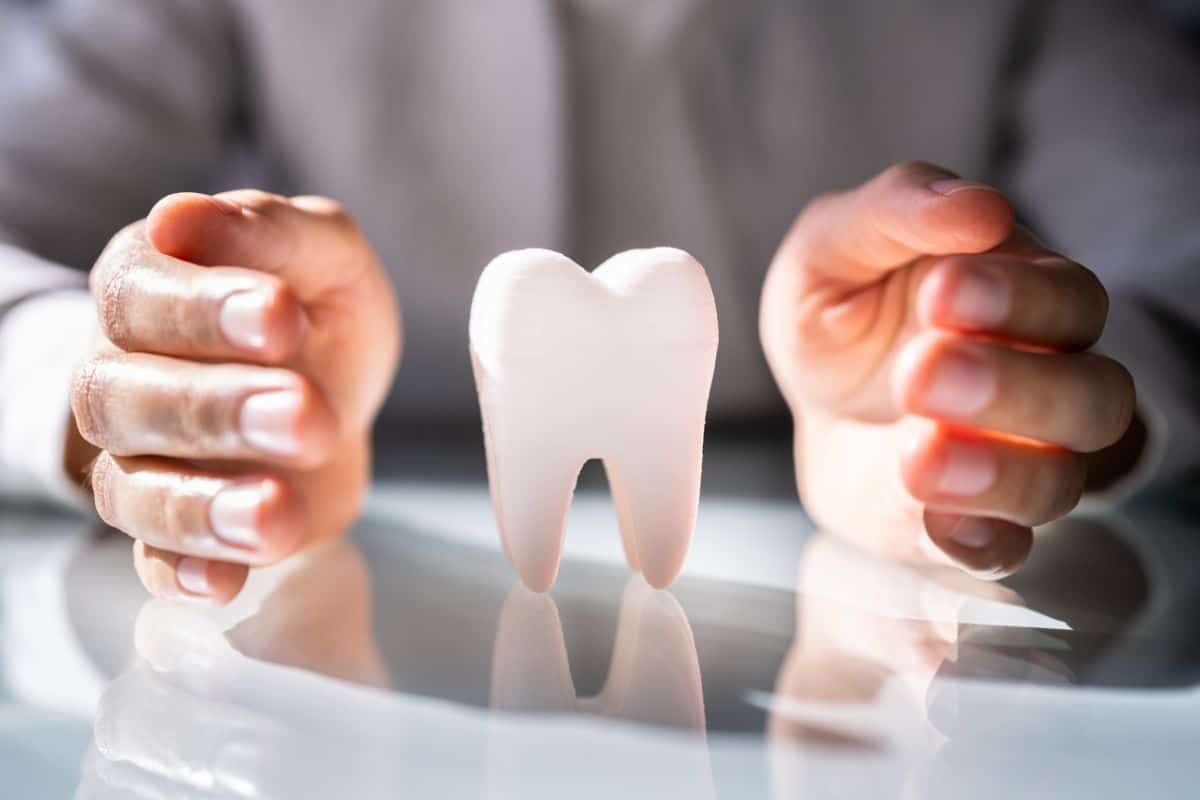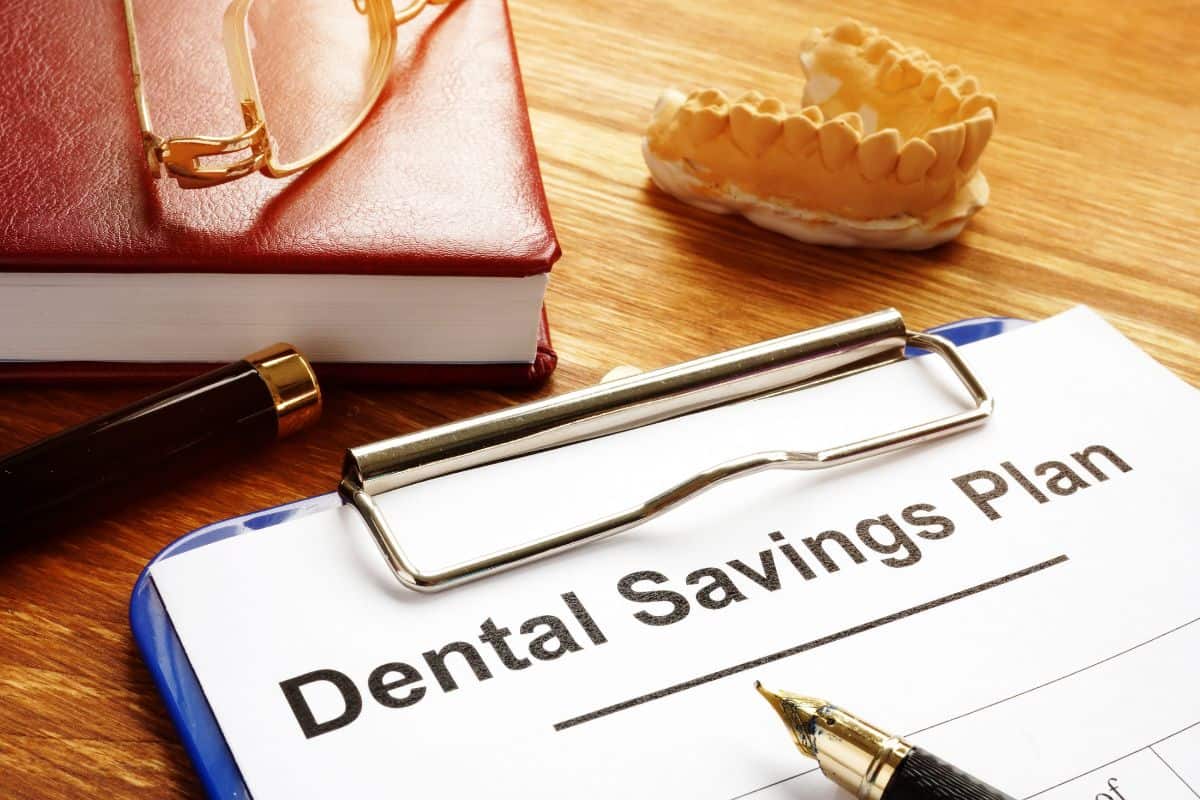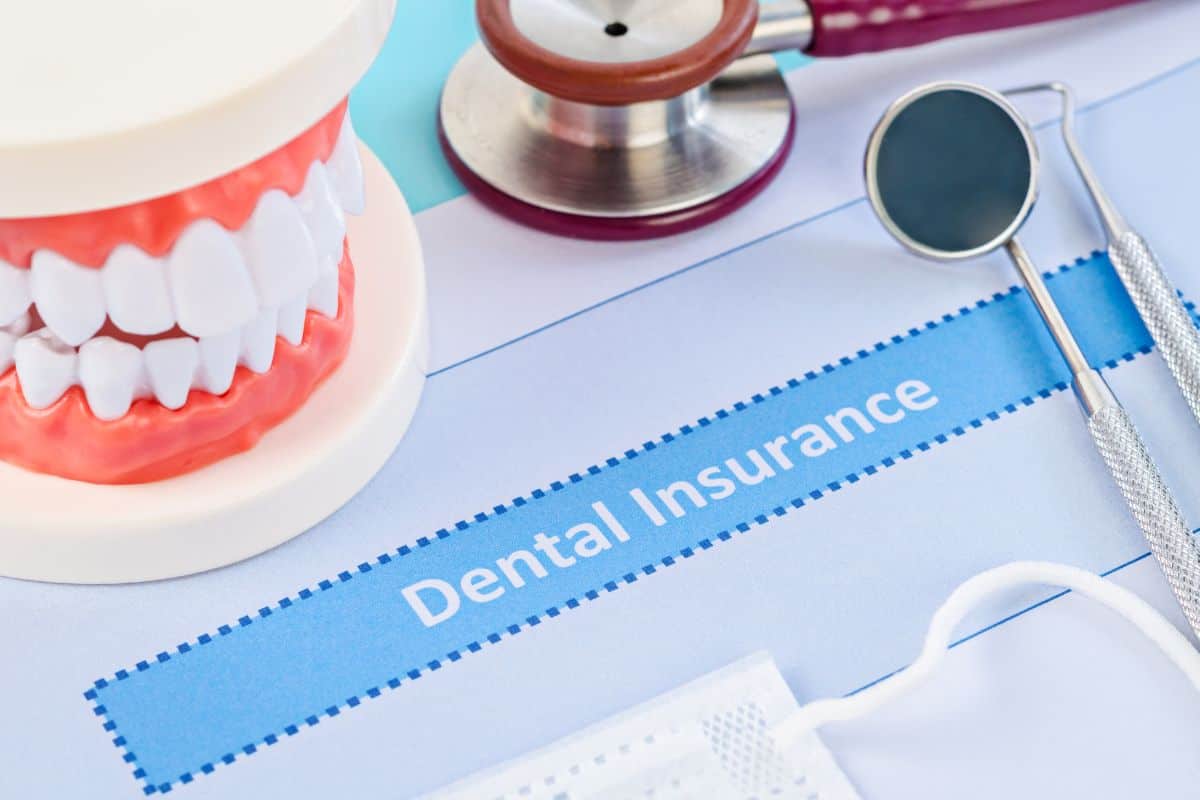Have you just found out that you are in need of a root canal and a crown but have no money or insurance to pay for it?
Even if you have dental insurance, what happens if you’ve already maxed it out? Most dental insurances have an annual cap, and what happens if you desperately need dental care before the next year?
Interestingly enough, most dental health insurance plans limit their clients to around $1000 to 1500 dollars per year.
This is a rate that hasn’t changed for roughly forty-odd years! When considering inflation, $1000 in 1970 would be equal to about $6273.87 in 2016…hardly seems fair, right?
Exhausting your annual dental coverage cap can be pretty easy to do when you consider the fact that the cost of a crown is around $750 to $2000 per tooth and a root canal is $750-$1000 alone.
Once you have reached your dental cap for the year, you will be liable to pay for the expenses out of your own pocket, but what happens if you cannot afford to do that?
Table of contents
Managing Dental Insurance

If you want to get the most out of your dental coverage, pre-planning will certainly help you out.
To do this you should have a chat with your dentist about scheduling your treatments so that the insurance money covers it, even if that means having one treatment done in November or December for example, and then waiting till January for whatever you need – this way you will still be covered by your insurance.
Additionally, if that is not viable to you then you could also talk to your dentist about a payment plan for whatever your insurance isn’t going to cover.
You may even consider creating a dental savings plan or supplemental dental insurance coverage, which we will go into further detail about below.
Supplemental Dental Insurance Coverage
A supplemental dental insurance coverage plan generally lasts about a year or two. This is super helpful when it comes to paying for things like orthodontia or dental implants or veneers.
It is important to check there is no waiting period for your coverage before you get any dental procedures done to ensure you will have the money to pay for them.
If you have a pre-existing dental condition, dental insurance may not be the best option available to you, so it would be better for you to look into a supplemental plan.
This is because they usually don’t cover pre-existing conditions and you will have two wait around six months for basic restorative services. For major services, you may even have to wait as long as a year.
One of the great advantages of a dental insurance plan however is that they don’t usually have an annual spending cap, which means you don’t have to worry about maxing it out.
If you need a specific procedure you will probably be able to find a plan that covers only that. Additionally, there aren’t any waiting periods or restrictions for pre-existing health conditions either!
The main negative about a supplemental plan is that they do tend to be quite expensive. You’ll probably have to pay around as much for your supplemental plan as you do for a primary plan.
For this reason, you should do some calculations to figure out what will be the best option for you.
If you are uninsured you could also try asking your dentist if they offer any discounts, as sometimes you will find that they do!
The best thing to do when it comes to supplemental dental insurance coverage plans is to discuss it with your dentist first.
They may be able to offer discounts which could help you a lot more than a plan would, especially when it comes to expenses.
If this doesn’t sound like something that will benefit you, you could also consider a dental savings plan. hich we talk about in detail below.
Consider A Dental Savings Plan

A dental savings plan has many benefits including the following:
- No waiting periods
- No annual spending caps
- No approval process
- No restrictions on pre-existing dental conditions
You will be able to find a dental plan that meets your needs. As there are many available that cover all different types of procedures such as braces or veneers.
Most plans provide a dental discount that will end up saving you 10% to 60% on all of your dental care.
The best part of a dental savings plan is how affordable they are! Annually, they will cost from as low as $80, and at most around $200.
A lot of saving plans also come with additional benefits. Such as savings on other healthcare like prescriptions, vision and hearing services, and other general wellness services.
Some plans even include bundles on other services such as telemedicine. This is a free consultation with a local doctor to diagnose common illnesses and prescribe medications.
Some also come with discounts on chiropractic treatments, fitness centers, and much more medical treatments!
A dental plan is an incredible idea for anyone to have. It comes with many benefits that will help you should you ever need the help. At an affordable price too!
If your dental insurance has maxed out, this is definitely a great and viable option for you to look into.
Final Thoughts
There you have it! If you have maxed out your dental insurance, hopefully one of the above ways will help you.
Dental treatment can be extremely expensive and trying to find a way to afford it all can be very stressful.
Luckily though, there is a multitude of ways and different plans out there that are available.
Frequently Asked Questions
An annual maximum usually ranges between $1,000 and $2,000 and resets at the end of each benefit period, typically 12 months. Certain plans could have an even higher annual maximum, so make sure to check with your dental insurance provider.
Most dental plans have what is called an “annual maximum” or “annual benefit maximum.” This is the total amount of money the dental benefits provider—say Delta Dental—will pay for a member’s dental care within a 12-month period.
An annual maximum is the maximum dollar amount your dental insurance will pay toward the cost of dental services and/or treatment in a benefit plan year, typically a 12-month period.
